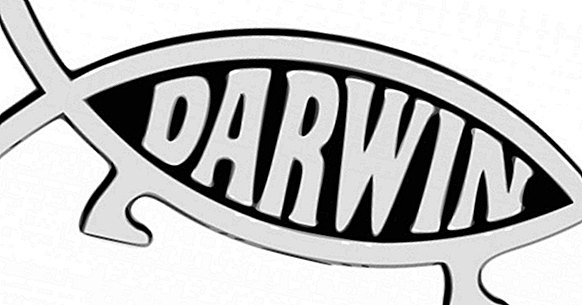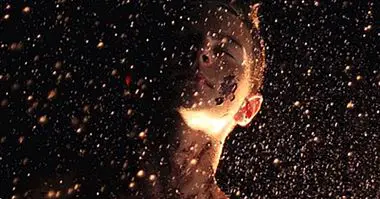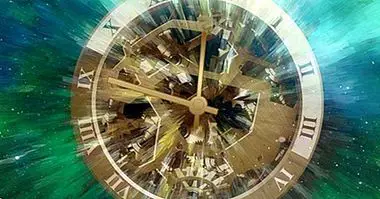In 2038 there will be more atheists than believers, according to this psychologist
It is clear that during the last decades in some countries a level of material well-being has been reached that has never been seen before in any historical period. This change has not occurred in a vacuum; it has gone hand in hand with the migration from the countryside to the cities, the environmental degradation, the accelerated development of new technologies ... And, in addition, there has been a psychological change: there are more and more atheists .
But ... to what extent will the tendency to not believe in the divine or the hereafter continue to grow? Is there a "ceiling" from which atheism can not continue to grow? According to the psychologist Nigel Barber, if it exists, that roof is still far away and, in fact, Atheism will win the pulse of religions before the year 2038 .
- Related article: Types of religion (and their differences of beliefs and ideas) "
The belief in religions descends
There are two fundamental things that characterize atheism today: it grows rapidly and is distributed very unevenly by region and age. Yes in Spain 40 years ago only 8% of the population considered themselves atheist , today this percentage has risen to 25%. In a similar way, if in people older than 65 years living in Spain atheists are only 8.3%, among the millennials, born in the last years of the 20th century, the percentage is approximately 50%.
Similarly, countries that enjoy a more developed welfare state, such as Sweden or Germany, have a greater representation of the atheist population, while religiosity is hegemonic in countries where there is a lot of poverty. It seems that the expansion of the welfare society causes religiousness to recede . For Barber, in addition, this is not a dynamic that is going to revert soon.
- Maybe you're interested: "Can you be a psychologist and believe in God?"
Why the expansion of atheism?
In his book Why Atheism Will Replace Religion?, Nigel Barber explains that religion has been for centuries an elaborate cultural creation to appease with anguish that generates live in highly unstable and dangerous environments, in which the danger and lack of resources lurks in the day to day. The idea of death and the feeling of helplessness could be better borne in the belief that life itself has to do with a creation full of unearthly transcendence. In these contexts, it was useful.
But just as certain animal species survive in stable environments such as islands, there are ideas that are unrivaled as long as certain conditions exist over centuries and millennia; but when there a strong change that affects the entire population and that does not have precedents , the situation may change. The example set by the author is that of the dodo: when a new element enters the scene, extinction can occur over a few decades.
In this case, "the new" is the possibility of living relatively comfortable lives (at least materially) and access to an education in which logical reasoning and scientifically generated knowledge. This means that life can be given a meaning beyond the fear of extraterrestrial punishments and beyond dogmas.
The new religions
Another one of the things that can be influencing the expansion of atheism is, according to Barber, the fact that new forms of non-theistic religiosity appear that escape the usual definition of "believer" and "non-believer". Football, the fan phenomenon and some forms of political activism For example, they can lead us to feel part of a cohesive collective as well as a system of dogmas and, of course, a sense of transcendence, of something that will remain when we die.
Thus, many people who declare themselves atheists may be channeling forms of almost religious reasoning without realizing it. For example, by never putting into doubt certain beliefs through circular thinking, or by believe that there are ideas against which "blasphemy" can not be directed . The difference between these new religions and the old ones is that they do not appeal to fear due to non-compliance with a series of norms, and they can be abandoned at any time without being so afraid of the pressures of the environment.
What will happen in the next decades?
In any case, it seems that if atheism goes hand in hand with the development and generalization of certain standards of well-being, environmental and economic crises can make a dent in it.What will happen when, due to the lack of energy sources, a collapse occurs that paralyzes the factories? And when climate change forces millions of people to move to other countries, and to look for drinking water elsewhere? Maybe in the next few years the lack of belief in religions will live its historical maximum , to plummet immediately afterward as poverty and scarce resources progress. After all, no prediction is totally reliable, and religion can continue to be perpetuated just as it has done so far.



















